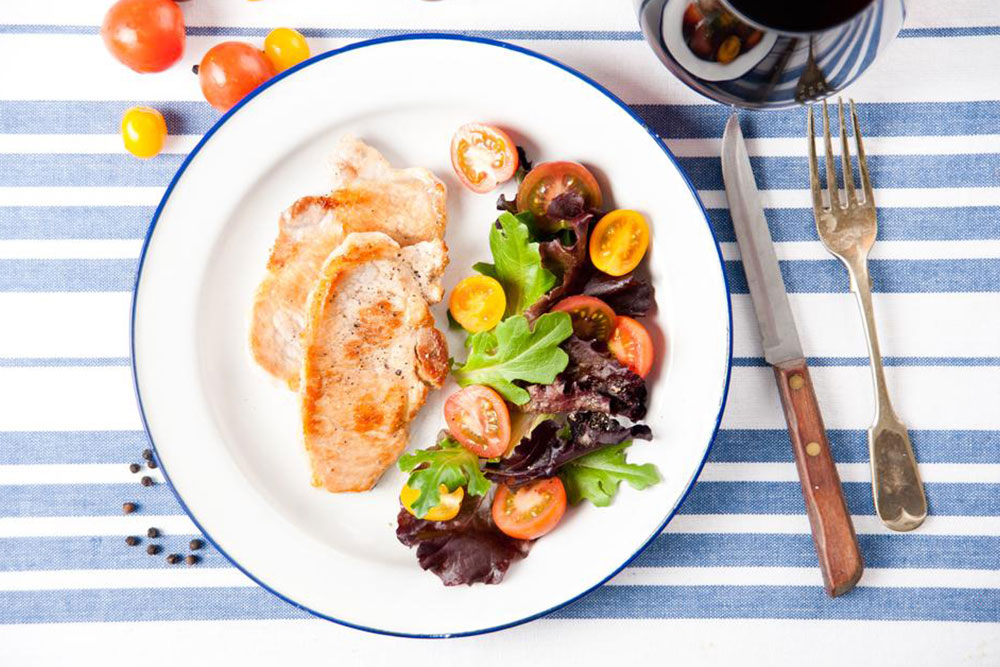Top Strategies for Managing Gout Effectively
Effective gout management combines medication with lifestyle changes and natural remedies. Rest, dietary adjustments, and home treatments like cherry intake, ginger, and apple cider vinegar can help reduce pain and prevent future attacks. Long-term strategies focus on maintaining a healthy weight, limiting alcohol, and avoiding foods that trigger gout. Personalized medical advice and natural approaches together offer a comprehensive approach to managing this painful condition.

Top Strategies for Managing Gout Effectively
Gout presents with symptoms like joint pain, redness, and sudden attacks of intense pain that can strike at any hour. It’s a form of arthritis that impacts anyone, causing the affected joint to become swollen, hot, and extremely tender—sometimes intolerable even with the lightest touch. What are the most effective ways to treat gout?
Goals of Gout Management
Proper gout treatment aims to ease pain quickly and reduce the risk of future flare-ups. Long-term management also focuses on preventing complications such as kidney issues and joint degeneration.
You can utilize both home remedies and prescribed medications based on your condition. Approaches vary depending on whether you’re experiencing a severe attack or managing chronic gout.
Addressing Acute Gout Attacks
Initially, rest the affected joint and apply ice to reduce swelling. Short-term medications as advised by a healthcare professional, such as corticosteroids, colchicine, or NSAIDs, are essential to ease symptoms.
Preventing Chronic Gout and Future Episodes
If gout persists untreated over time, it can become chronic, affecting multiple joints. In such cases, medication is necessary to prevent future attacks. Lifestyle changes are crucial—maintaining a healthy weight, limiting alcohol, and avoiding trigger foods like seafood and red meat. Long-term medications may include uricosuric agents, xanthine oxidase inhibitors, Pegloticase, and colchicine. Surgery is rare but an option in severe cases.
Natural Home Remedies for Gout Relief
Mild gout episodes can often be managed with simple home remedies.
Ginger root for inflammation relief Ginger is known for its anti-inflammatory properties. You can consume it by mixing dried ginger, turmeric, and fenugreek powders with warm water, or add fresh ginger to your meals or chew a small piece daily. Applying a ginger paste to the affected area can also help reduce pain.
Cherries to reduce flare-ups Both sweet and sour cherries are rich in antioxidants and anthocyanins, which help lower inflammation. Eating 15-20 cherries daily or drinking a glass of black cherry juice (with added garlic if desired) can significantly diminish gout symptoms.
Apple cider vinegar for pain relief Unfiltered apple cider vinegar has anti-inflammatory effects. Mix a teaspoon in a glass of water and drink three times daily; increasing the dose to two tablespoons may provide additional relief.
Lemon juice for pH balance Lemon juice helps alkalize the body and reduce uric acid levels. Combine freshly squeezed lemon juice with baking soda—half a teaspoon in a glass of water—and consume to alleviate gout pain. Including vitamin C-rich fruits can further support joint health.
Other natural remedies like Epsom salt, garlic, carom seeds, castor oil, and coriander can also aid in managing gout symptoms.
Important Notice:
Our blog provides practical information across various health topics. While the insights are based on research, they should not replace professional medical advice. Consult with healthcare providers before starting any new treatment. The site may not cover all available options or schemes relevant to individual needs.










